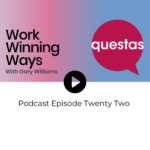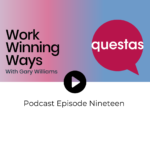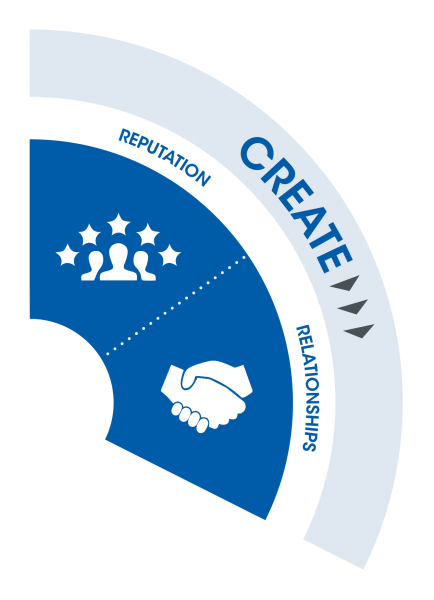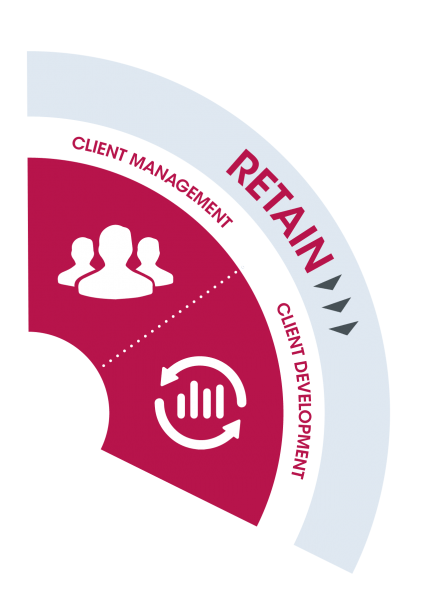Our top ten tips for non-confident networkers
Do you dread the thought of attending an event with the purpose of networking? Annabel Miller shares her top ten networking nuggets.
It is fairly daunting: attempting to ingratiate yourself with strangers, make meaningful conversation and hopefully leave with useful leads – all while balancing a warm glass of wine, a chicken satay kebab and a stack of business cards!
Follow these tips to help you navigate the room, spend time with the right people, and make a graceful exit having agreed a number of follow-up conversations.
1. Do your homework
Find out who will be there, what they do and who they do business with. Make a short list of people that you would ideally like to meet, and bone up on what is going on in their industry or organisation so that you can impress by talking knowledgably about their world.
2. Travel light
Check your big bags and coats in. Don’t load up a plate with nibbles on the way in. If you need a bag make sure it’s got a shoulder strap. You will need a (preferably ketchup-free) hand to give dry, firm handshakes. Keep your business cards handy – but don’t throw them out unless you’ve built up enough rapport for it to be appropriate.
3. Position yourself near the drinks area
If you don’t fancy striding into the middle of the room and breaking into groups, then standing near the bar or coffee area is a great place to start up a more low-key conversation even if it starts with: “Can I pour you a glass of water?” or “Have you tried the crabcakes?”
4. Remember your host
If you have been invited to the event make sure you find them to say hello and thank them for asking you. If you are keen to meet someone that they can introduce you to then don’t be afraid to ask – this is a networking event after all! Follow up with a thanks to them afterwards as well. Always good to be remembered positively.
Need real-life practice?
Learn techniques to feel confident in a room where you don’t know anyone
5. Introduce yourself with impact
On the way to the event think about how you will introduce yourself and what you do in a short snappy soundbite. Don’t use jargon and acronyms – chances are people won’t have a clue what you do. Make sure you remember other people’s names by using them quickly, which will seal them in your brain.
6. Be interested, don’t try to be interesting
Most people enjoy talking about themselves and respond well to anyone who finds them fascinating. Ask them questions they are unlikely to be asked: Why did they choose their job? What is the best thing that happened to them at work today? Who do they credit with having helped them most in their career? This gives you the opportunity to move your conversation from being merely transactional to being relational. It also allows busy people to tell a story they like telling to someone who is really interested. They will remember you and feel a connection.
7. Listen well
There is nothing worse than talking to someone in a noisy crowded room while they alternate between looking over your shoulder at the door and scanning around the room at other groups. Your time talking to one person may only be short, so make it matter and make them feel important.
8. Breaking in and moving on
Ideally, you should aim to start talking to people on their own or people in groups of three or more. Couples in conversation are hard to interrupt, and they may be old friends or colleagues and not want to cut short their discussion. Make sure you don’t spend all your evening talking to the same group. It’s not rude to say: “It’s been great to meet you, have a lovely night and hope to see you again.” A smooth way of moving on is to offer to introduce the person you’ve finished talking with to someone else. That way they aren’t left on their own and you come off as socially adept and well-connected.
9. Mind your manners
Put your phone away. Don’t drink too much. Don’t be the last to leave. Thank your host and any staff that have helped you.
10. Follow up
When you are at the event and have made a connection with someone, be specific about how you will follow up. Ask, “Can I give you a call next week and we’ll make a date for coffee?” so that when you do ring, they are expecting it. Just connecting with someone on LinkedIn following an event will not guarantee any development of your business relationship.
Start our online cross selling course today
Cross Selling is a skill that, once mastered by engineering and professional services executives, can have a radical impact on business growth.
The interactive e-learning is designed to help you uncover new opportunities with existing clients.
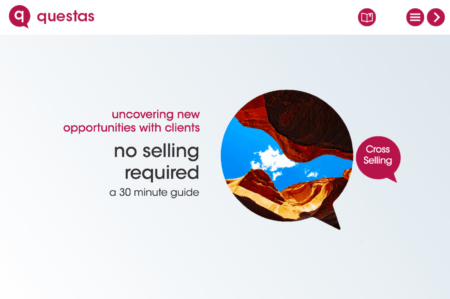
Our Professional Services Cross Selling Training is online today, so now you can start honing your cross selling capabilities in just 30 minutes.



